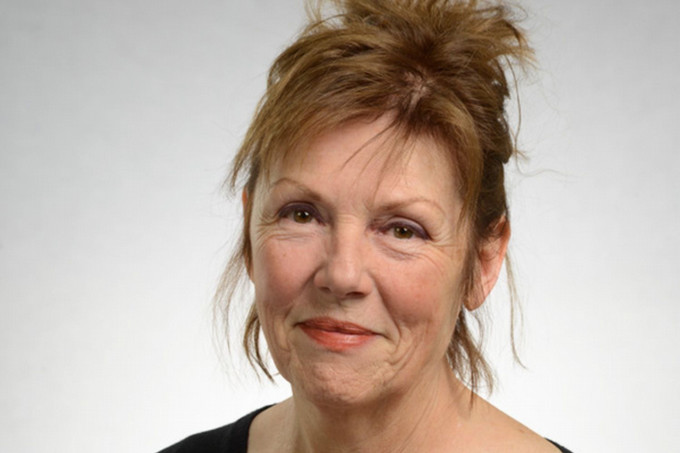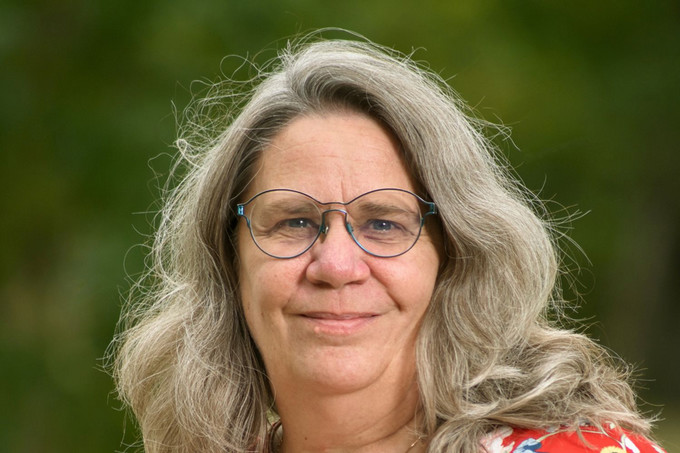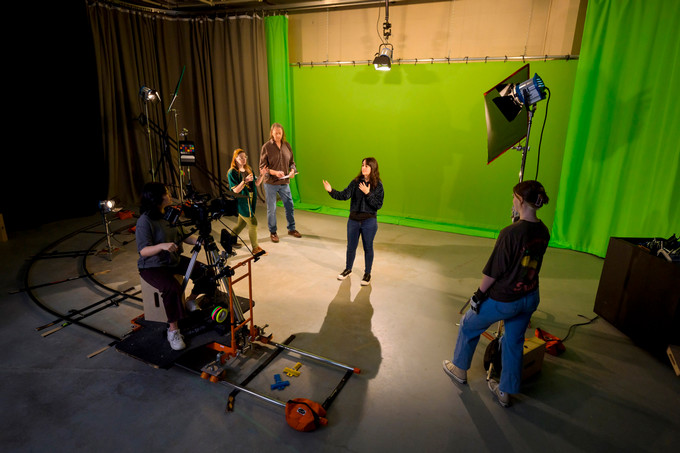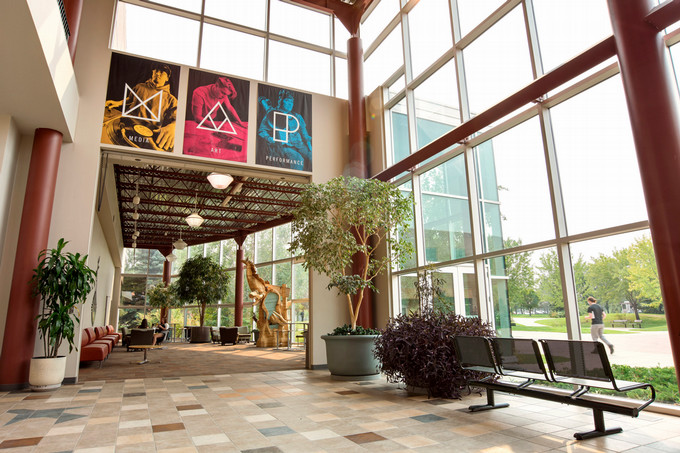
Media, Art, and Performance
Where Makers Meet!
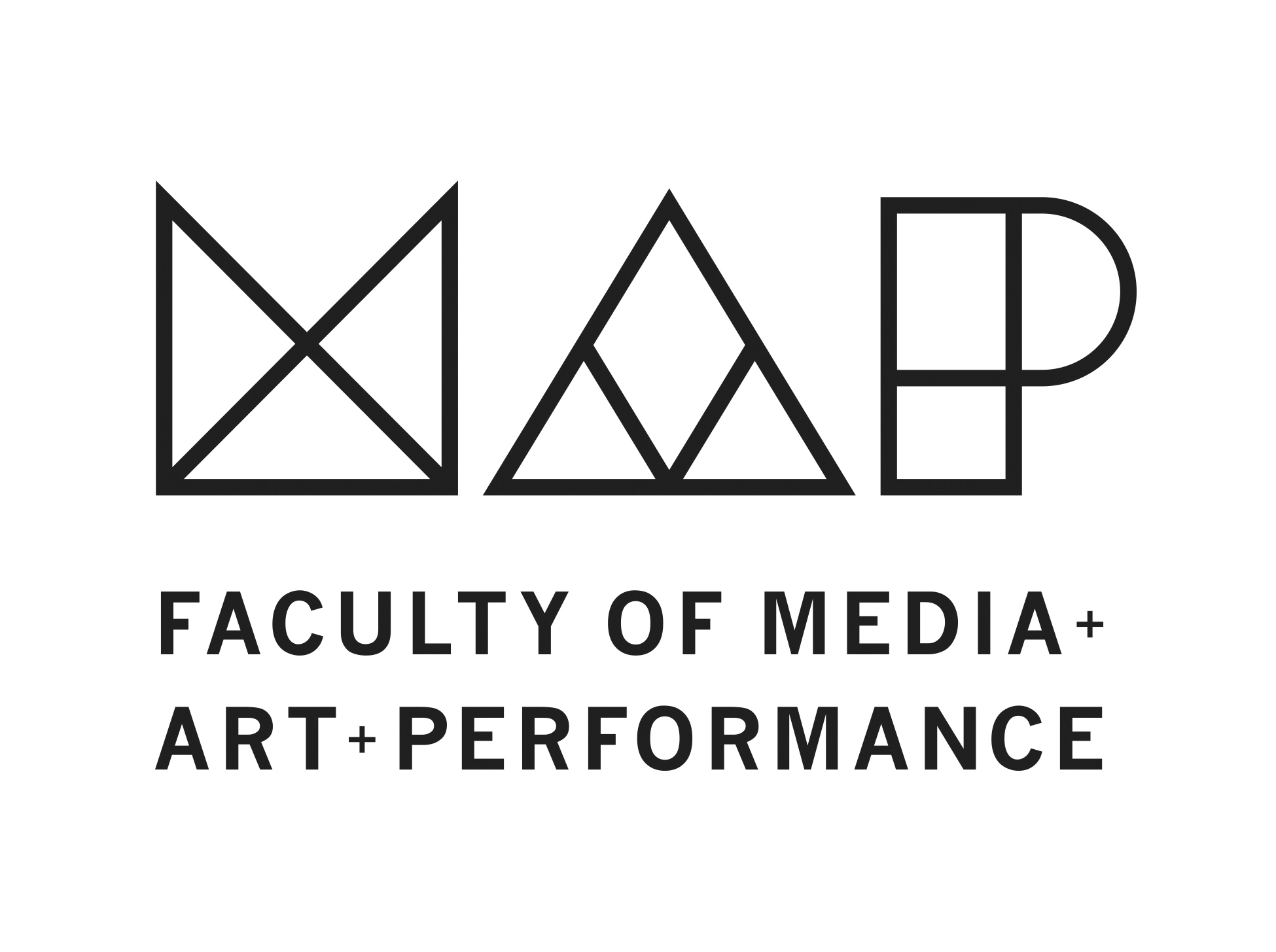
The Faculty of Media, Art, and Performance (MAP) is the ultimate playground for the imagination. Students are provided with the latest technologies and tools to help bring their ideas to life. Our contemporary makerspace allows artists to collaborate and innovate in new and exciting ways. Small class sizes give students the chance to work closely with professors, resulting in invaluable experiential learning opportunities.
Our students are exposed to highly creative environments, where skills are gained through technical hands-on learning combined with critical and theoretical study.
Our broad range of degree programs and graduate studies offers students the opportunity to pursue an education in Creative Technologies and Design, Film, Music, Theatre, Visual Arts, and Interdisciplinary Studies. Immerse yourself in a culturally rich environment, surrounded by faculty and graduates with a wealth of international experience.
MAP Programs
Explore MAP
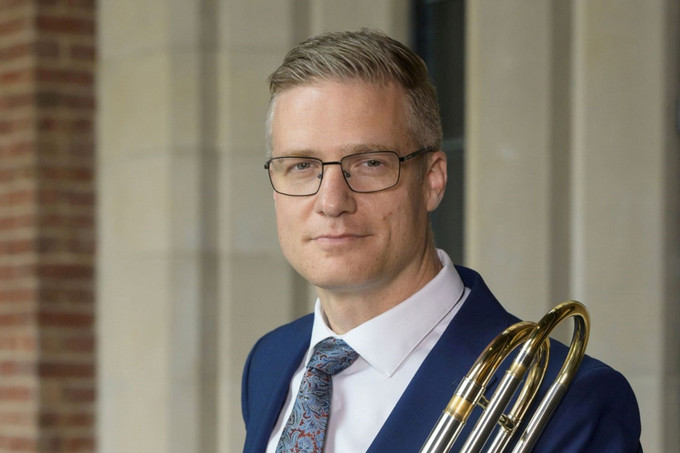
Dean of Media, Art and Performance
